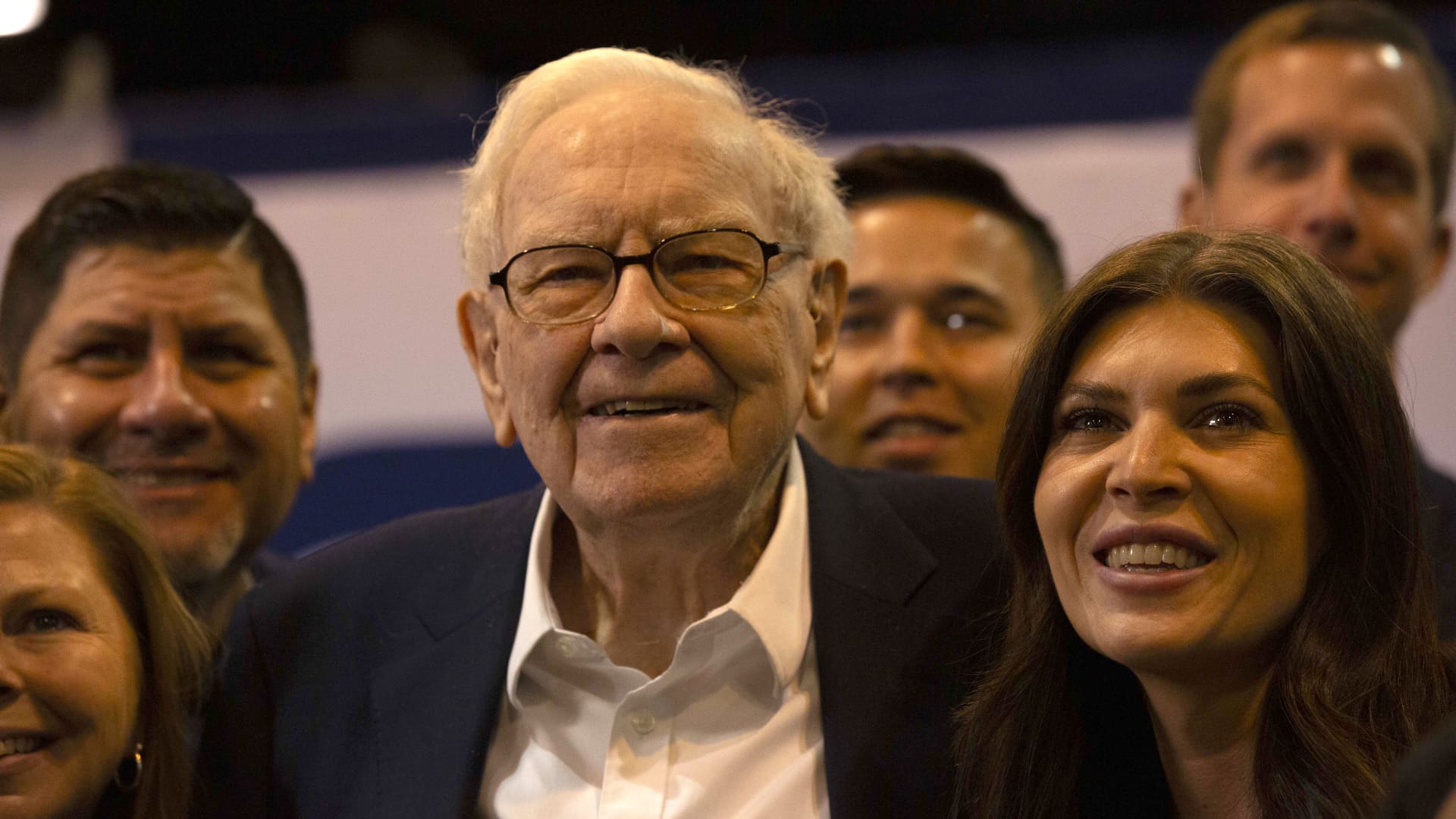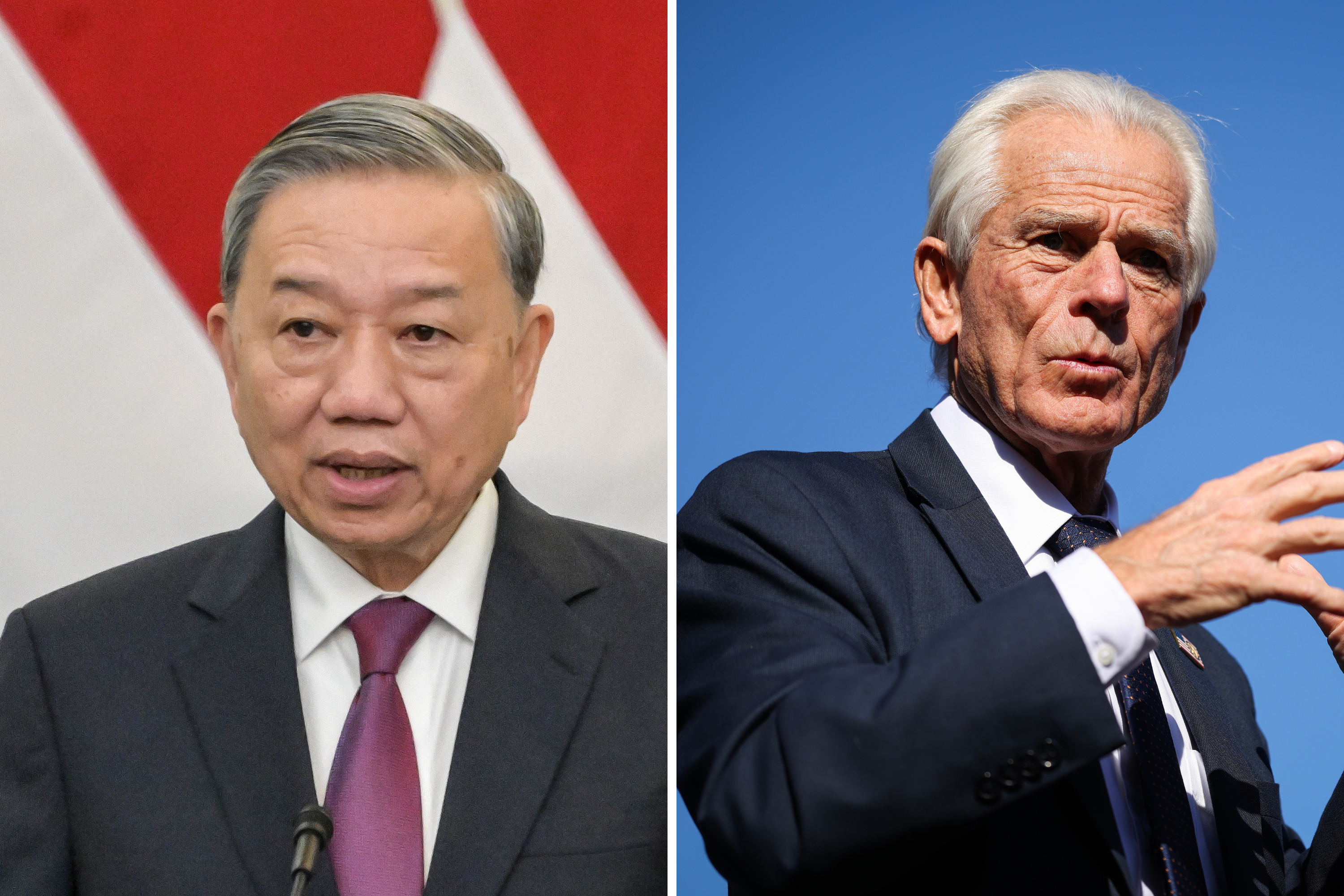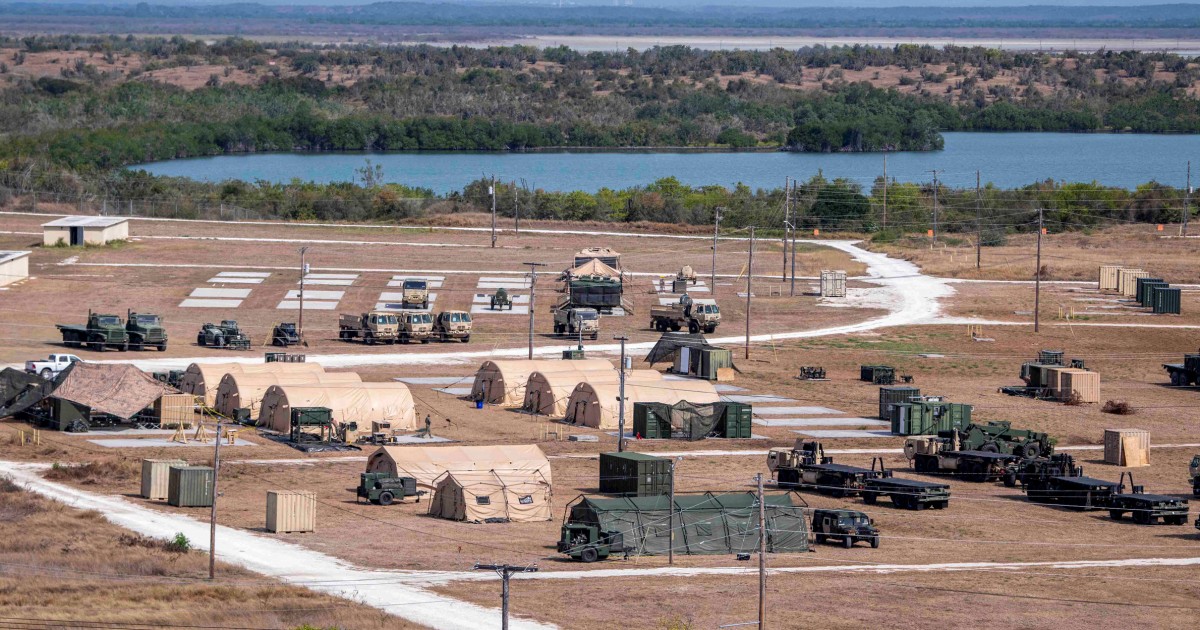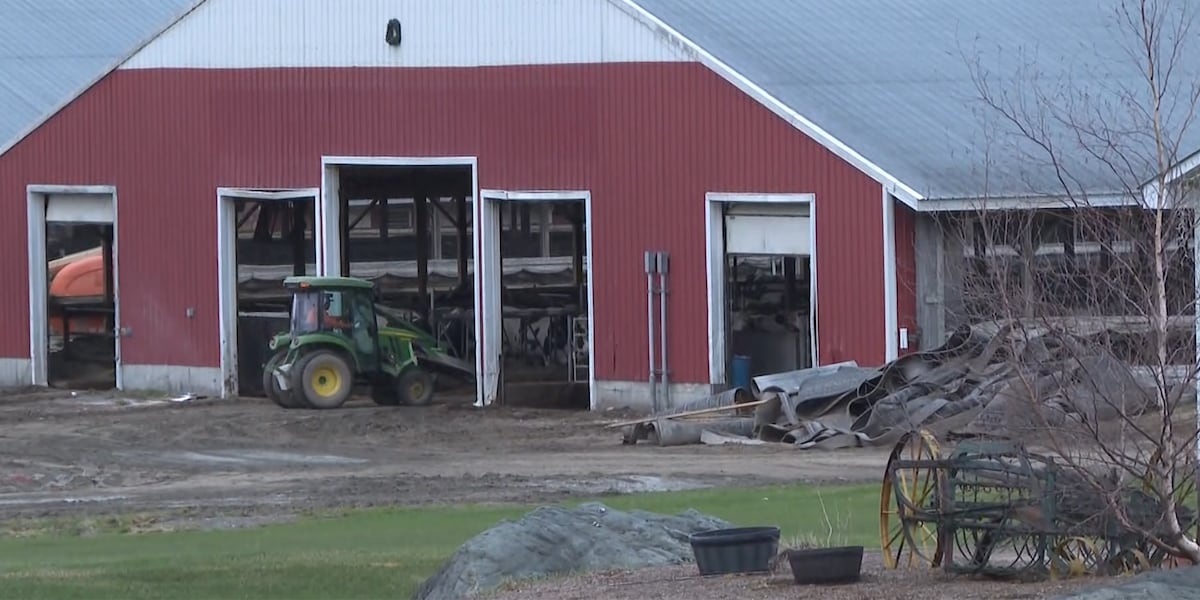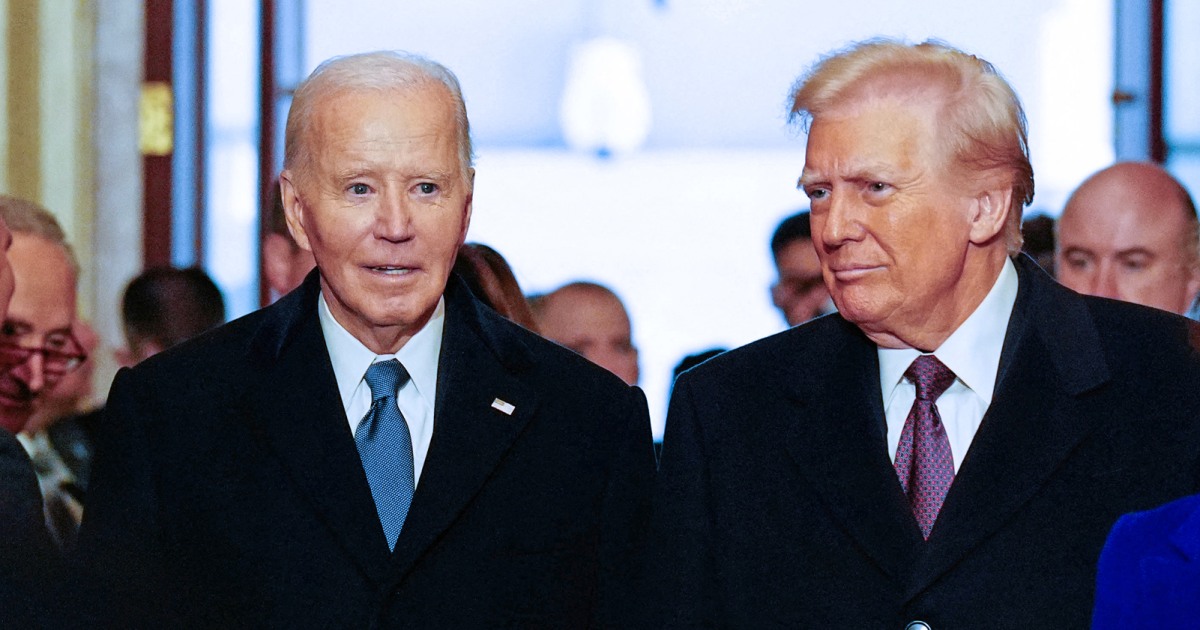Vietnam’s offer to lower its trade barriers to delay the implementation of U.S. President Donald Trump’s “reciprocal” tariffs has been rejected by a White House adviser.
Deputy Prime Minister Bui Thanh Son met with the U.S. ambassador to Vietnam, Marc E. Knapper, on Sunday and reiterated his country’s willingness to lower the import tariff rate on U.S. products to zero in hope of postponing the onset of the new tariffs, according to a government dispatch.
However, U.S. senior trade counselor Peter Navarro rejected this possibility later that day, telling Fox News: “This is not a negotiation, this is a national emergency based on a trade deficit that’s gotten out of control because of cheating.”
Why It Matters
Since the Liberation Day announcement of a flat 10 percent tariff on all imports—along with the retaliatory tariffs imposed on some of America’s largest trading partners—there has been widespread speculation about whether the U.S. would be open to negotiations.
Trump has said a “phenomenal” offer could give cause for reconsideration, but officials have largely dismissed the idea that the reciprocal tariffs are a negotiation strategy, and maintained that the tariffs will remain.
Trump has given different reasons for the new tariffs, including raising federal funds, protecting U.S. industries, and as a possible negotiating tool.
What To Know
Vietnam was one of the countries hit hardest by the reciprocal tariffs announced last Wednesday. Trump announced a 46 percent tax on all Vietnamese imports on April 2 after his administration calculated Vietnam’s tariffs on U.S. imports to be 90 percent.
Deputy PM Son on Sunday revealed several measures Vietnam could take to bring the rate down.
“Vietnam is ready to negotiate to bring the import tariff rate to 0% for US goods, increase procurement of US products that are strong and in demand by Vietnam, and at the same time create more favorable conditions for US enterprises to do business and invest in Vietnam,” according to the report on the government’s official information channel.
“At the same time, [Vietnam President To Lam] asked President Donald Trump to postpone the deadline for imposing reciprocal tariffs on Vietnamese goods during tariff negotiations between the two countries.”
Bay Imoyo / Kayla Bartkowski/AFP via Getty Images / Getty Images
In a letter sent by Lam to Trump, seen by Bloomberg, Lam requested the implementation of the 46 percent duties be postponed by at least 45 days after April 9.
On Sunday, however, Navarro called Vietnam the “poster child for nontariff cheating,” and said that even if the country were to remove all its tariffs, the U.S. would still be in a heavy deficit.
The U.S. currently runs a $123.5 billion trade deficit with Vietnam, according to the U.S. Trade Representative, based on $13.1 billion exports in 2024 and $136.6 billion imports.
“If you simply lowered our tariffs and they lowered our tariffs the zero, we’d still run about $120 billion trade deficit with Vietnam,” he said, arguing that Vietnam consistently rebrands Chinese exports as its own products before shipping these to the U.S., while also utilizing export subsidies, currency manipulation and “fake standards” which prevent U.S. manufacturers from making headway in Asian markets.
What People Are Saying
President Trump during his “Make America Wealthy Again” speech on April 2, said: “Vietnam, great negotiators, great people. They like me, I like them. The problem is they charge us 90 percent, we’re going to charge them [a] 46 percent tariff.”
Trade Counselor Peter Navarro told Fox News: “Vietnam is essentially a colony of communist China. China uses Vietnam to trans-ship to evade the tariffs. How does that work? Vietnam sells us $15 for every $1 we sell them. And about $5 of that is just Chinese product that comes into Vietnam, they slap a made-in-Vietnam label on it, and send it here to evade the tariffs.”
Peter Simon, professor of economics at Northeastern University, told Newsweek: “It seems to me that a reasonable person looking around the world from the United States saying, ‘we’re besieged with unfair trade practices,’ the first thing that they would do, the first thought that should have come into their head is let’s sit down and renegotiate.”
“If you’re not happy with those, then you sit down and you renegotiate. You don’t just suddenly slap on tariffs on all of them,” he added. “That just creates resentment and everybody’s angry at you. No chance to adjust. And if you’re going to exact a tariff, give everybody a chance to at least come together to some extent or another. But he didn’t. It was just pretty much overnight.”
Treasury Secretary Scott Bessent, speaking to NBC News on Sunday, said: “[Trump] has created maximum leverage for himself. And more than 50 countries have approached — have approached the administration about lowering the non-tariff trade barriers and lowering the tariffs and stopping currency manipulation. They’ve been bad actors for a long time and it’s not the kind of thing you can negotiate away in days or weeks.”
Asked whether Trump would be open to negotiations with any country, Bessent responded: “I think we have to see what the countries offer and whether it’s believable.”
What Happens Next?
Trump as called his conversation with the country’s leader “very productive,” and said he looked forward to meeting with Lam in the near future.
In the letter sent to Trump, Lam requested that the president meet him personally in May “to jointly come to an agreement on this important matter, for the benefit of both our peoples and to contribute to peace, stability and development in the region and the world,” according to a copy of the letter seen by the New York Times.
Without a negotiated delay, the 46 percent tariffs on Vietnamese imports are due to take effect on April 9.



